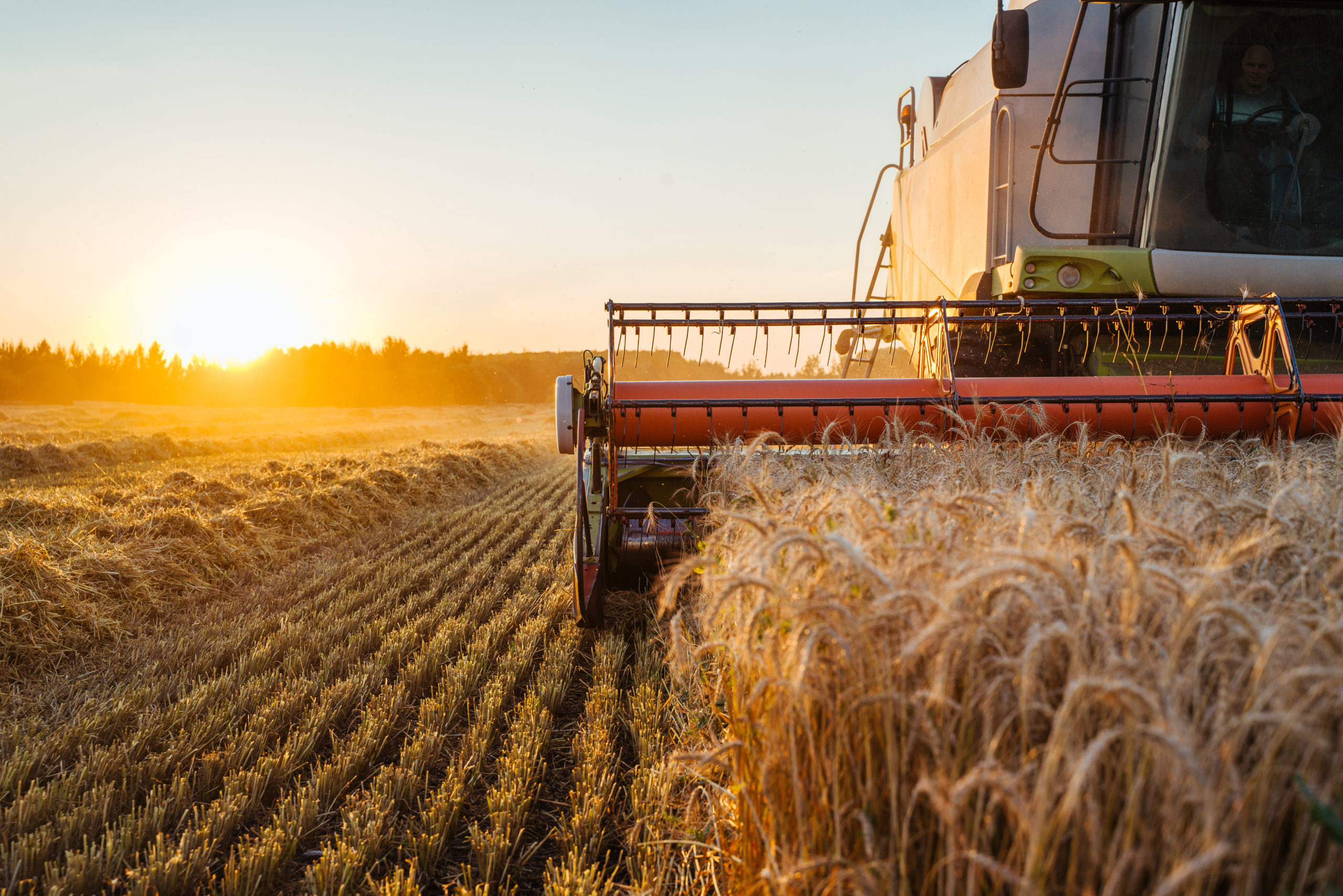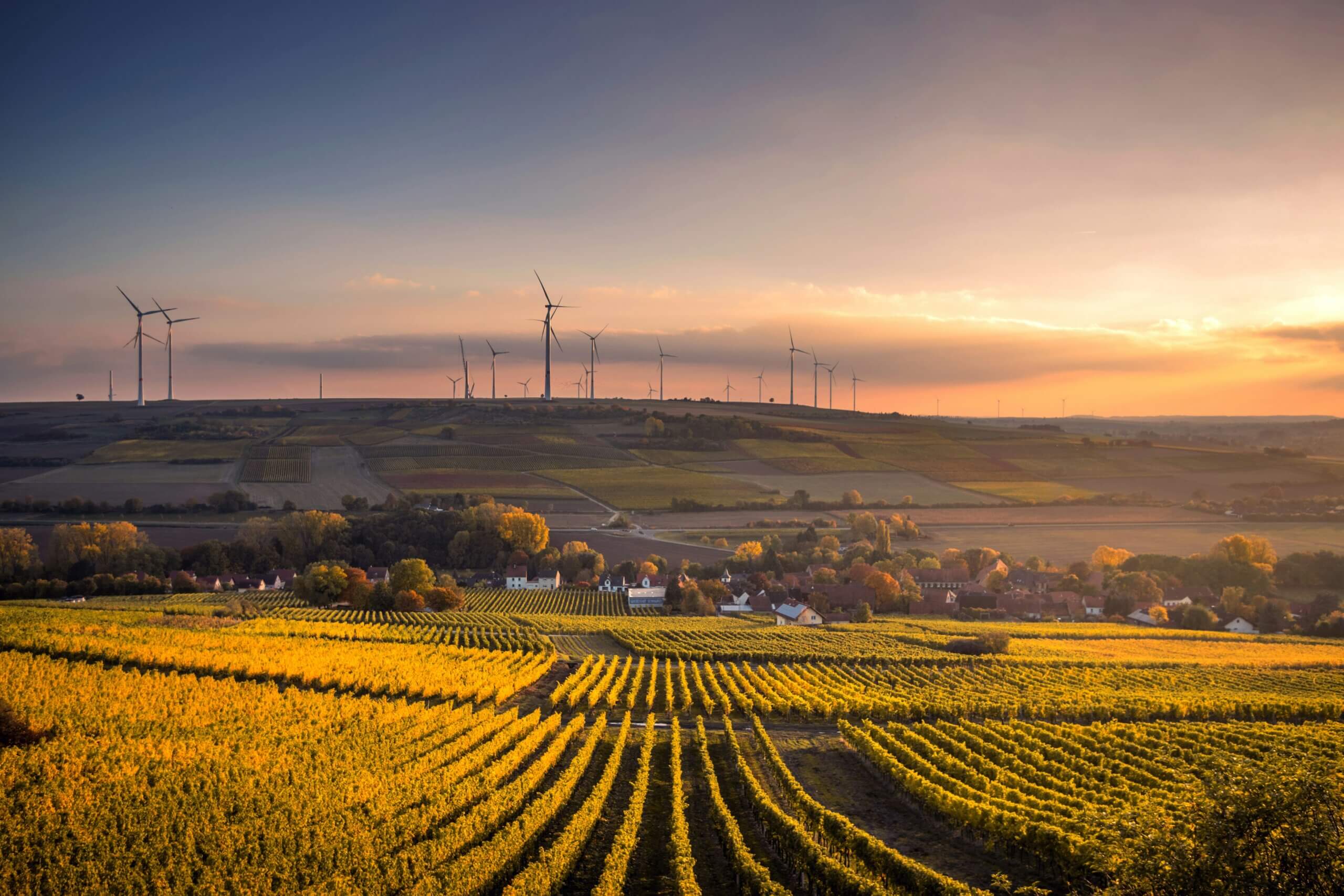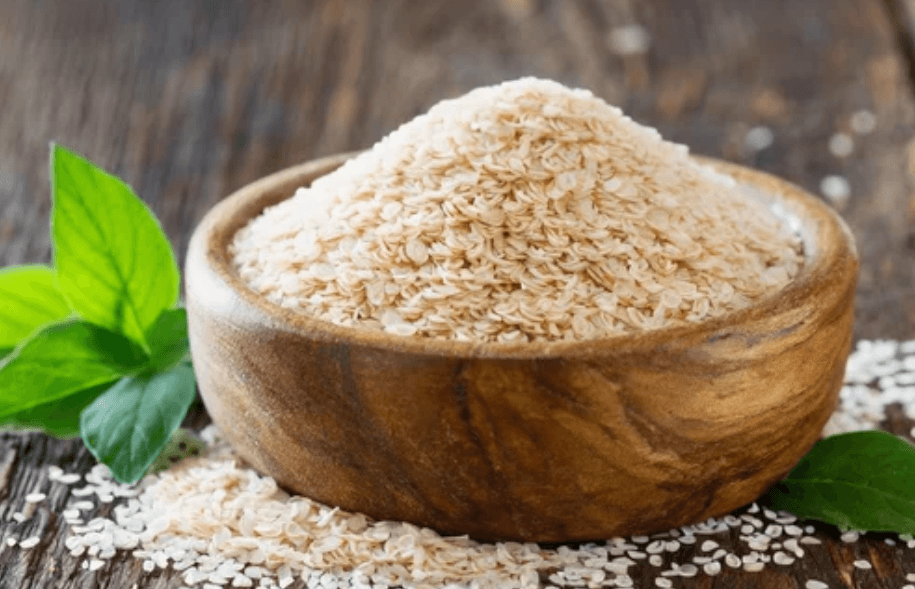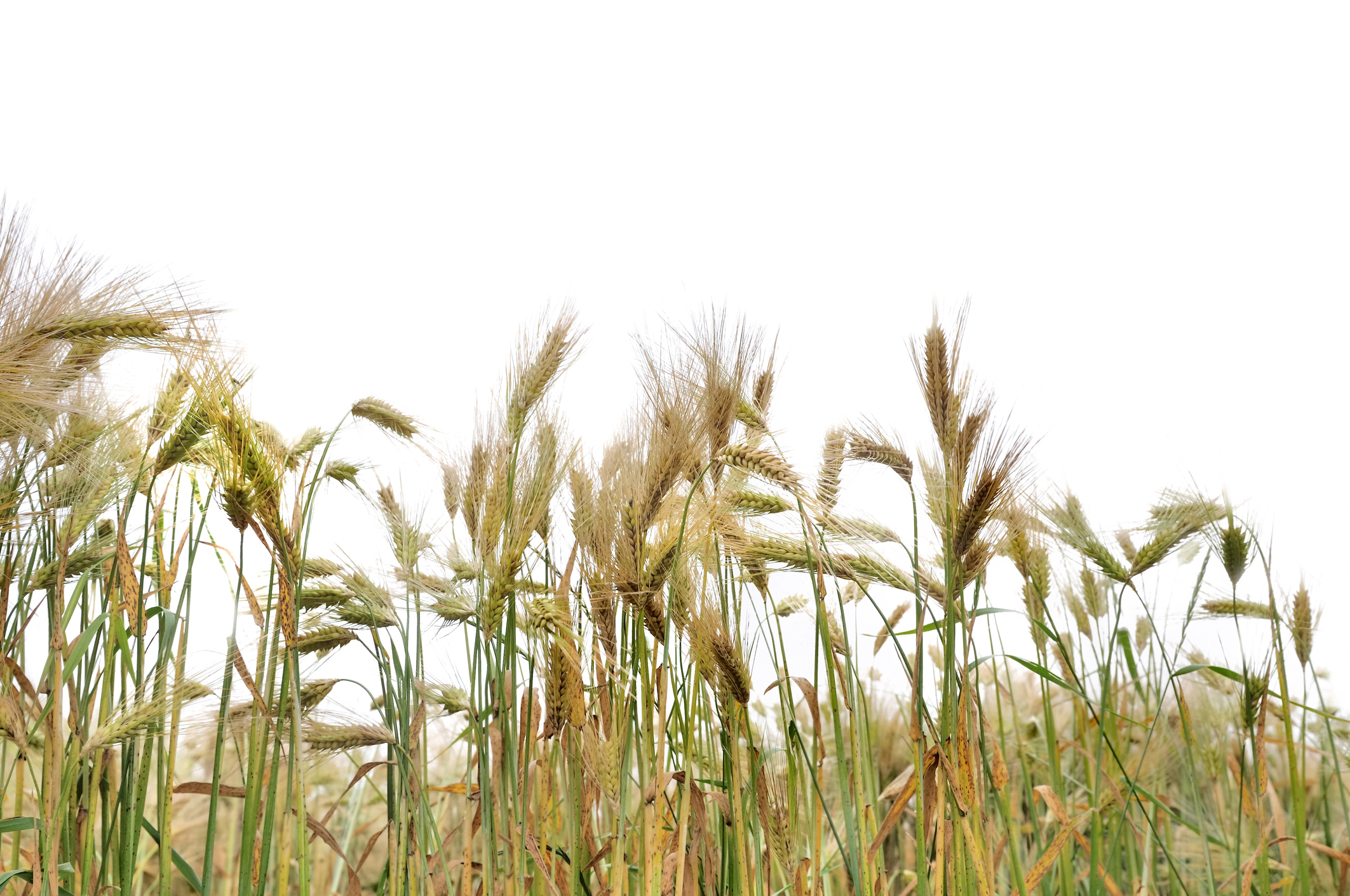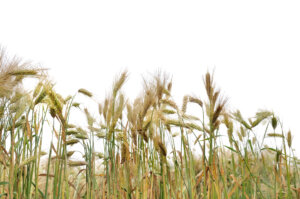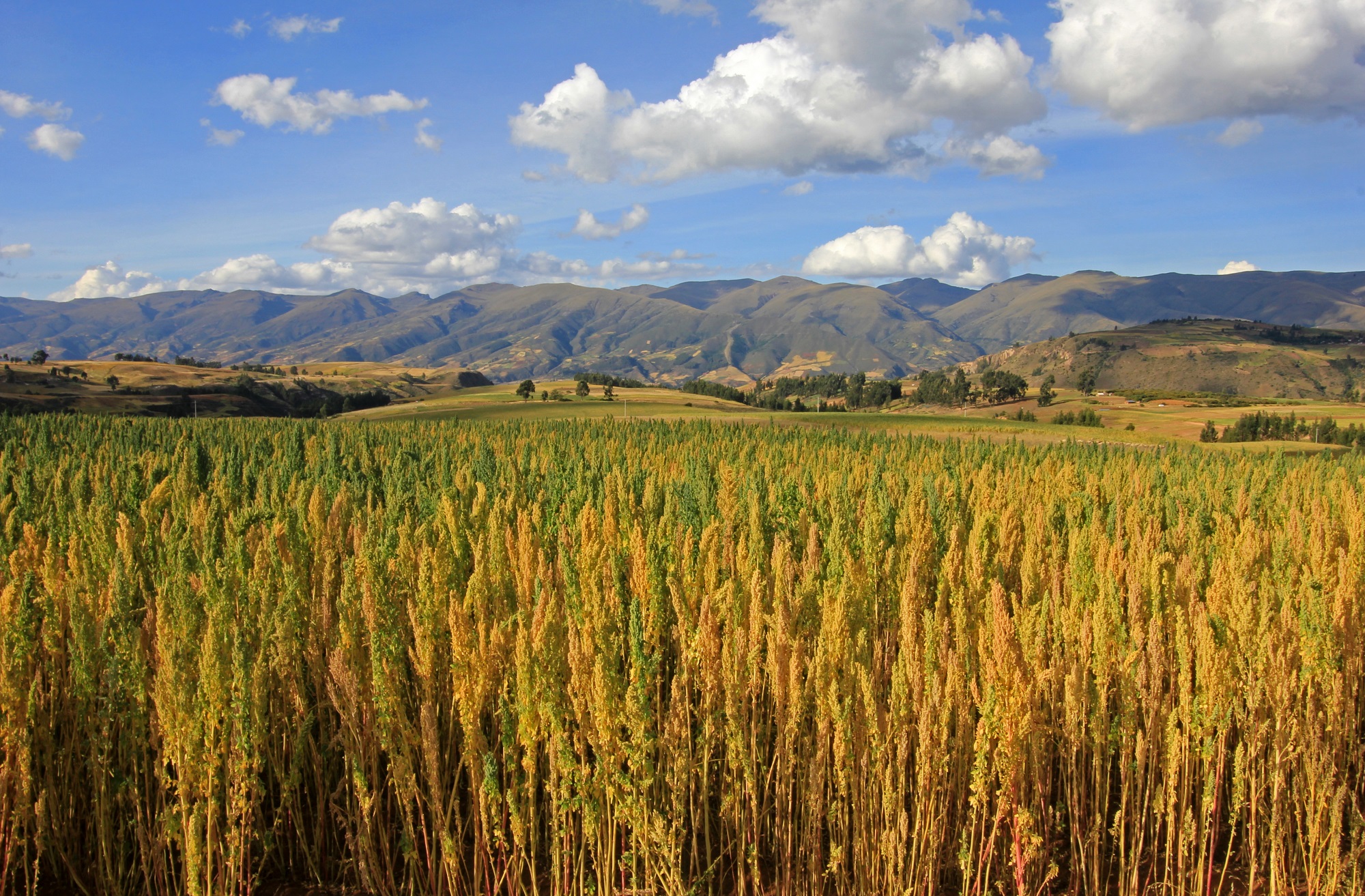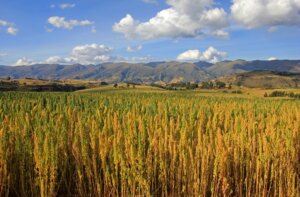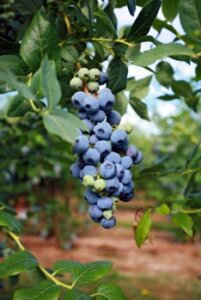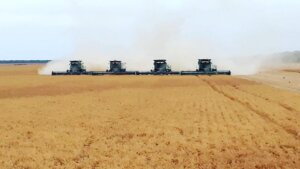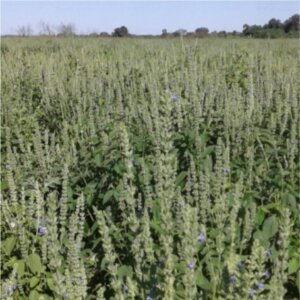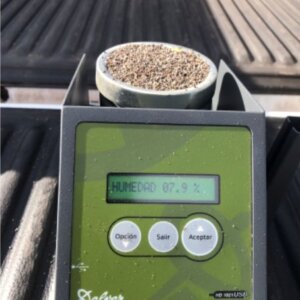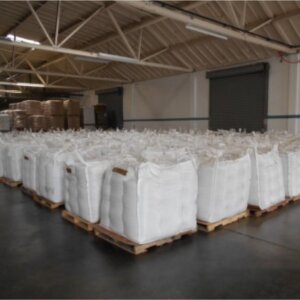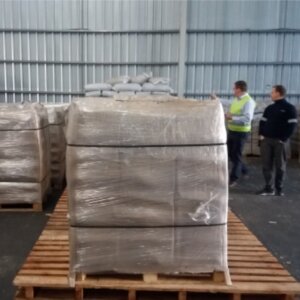Tradelink International is the bridge between your company and our extensive network of vetted, reliable chia seed growers across South America.
Below is a brief update on the chia market globally which you may find of interest. Our experienced team reaches right into the fields, inspecting crops in the fields, ensuring quality in the processing plants, and offering testing of our product right through the process to the point your containers are sealed and shipped to you. All critical points of control are carefully audited.
Although Argentina has sown a lot less area this year but having exceptional yields so we could reach the 8,000mt in total although this is a very rough estimate as there is no official data to be had. The devaluation in Argentina is helping drive exports through good offers.
With Paraguay’s early crop already harvested and processed and a good deal of it shipped, the initial price slump is slowly leveling out at prices similar to last year in organic and back to normal pricing in conventional. Paraguay has sown a lot more but the harvest has been riddled with frost and also wet weather resulting in yields as low as 150kg a hectare instead of the normal 350kg. Average yield is expected at 220kg / hectare which means that we will see about 20,000 mt come out of Paraguay this year, not too much more than last year.
Bolivia’s crop is the same as usual, most of this product is pre contracted so the 11,000mt estimated to come out of this country this season won’t impact on the market.
As always, TradeLink is bringing true quality control at origin for both organic and conventional chia, finding quality issues early in the process ensuring you only get chia that complies with the agreed specifications. Next harvest season will be in June/July, don’t miss out on your contract!
